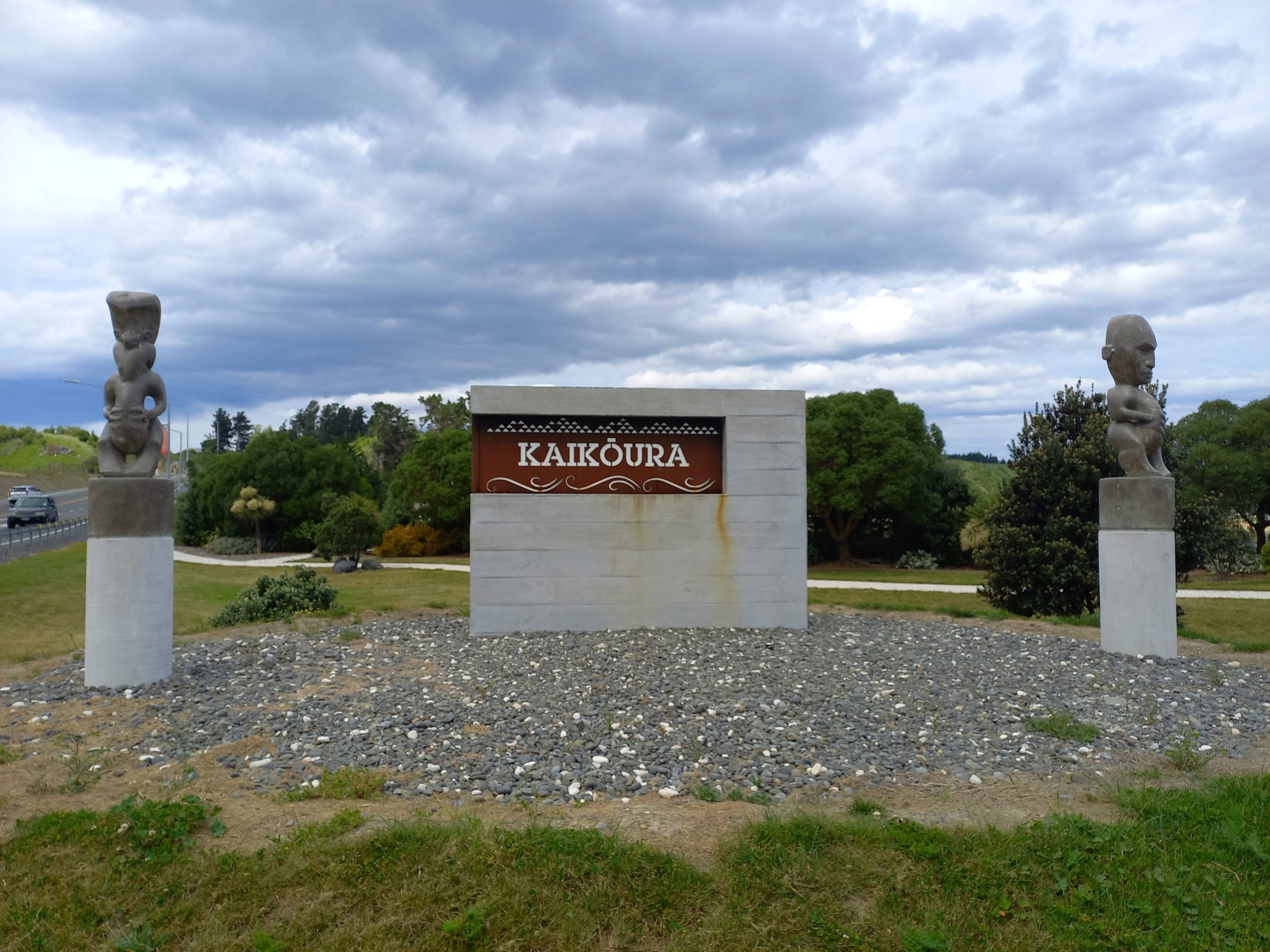No changes proposed to Kaikōura representation


Kaikōura District Council has opted to stick with the status quo, of electing a mayor and seven councillors at large, for the 2025 and 2028 local government elections, following its representation review. Photo: David Hill/LDR
By David Hill, Local Democracy Reporting
Electing a small council at large is ‘‘the only viable option’’, says Kaikōura District Council chief executive Will Doughty.
The council has opted to stick with the status quo, of electing a mayor and seven councillors at large, for the 2025 and 2028 local government elections, following its representation review.
‘‘We’re not looking at instigating any geographical wards,’’ Doughty said.
‘‘There aren’t too many options for a small district like ours.
‘‘It is one of the strengths of a small district or small communities that everyone is elected at large.’’
There was some dissatisfaction to the north of the district, with some residents in the Clarence Valley and Kēkerengū expressing a preference to be part of the Marlborough district, Doughty said.
‘‘We had some good discussions during the Long Term Plan consultation when we went up there [Clarence and Kēkerengū].
‘‘We have just got to continue having those discussions and take on board those concerns.’’
In a report to a recent council meeting, corporate services senior manager Peter Kearney said a ward system would be ‘‘unworkable’’ because of the small population.
‘‘The council’s view is that a common community of interest exists at the district level.
‘‘Subdividing the district into wards would not be a practicable option and would risk fragmentation of the district’s character and shared community of interest.’’
The Kaikōura district’s population was 4230 as at June last year, making it the second smallest in New Zealand, behind the Chatham Islands.
In addition to the permanent population, there were a growing number of holiday homes.
The council voted against establishing a Māori ward in October, after consulting with Te Rūnanga o Kaikōura.
Kaikōura has enjoyed one of the highest voter turnouts, with more than 62% voting in both the 2019 and 2022 local government elections.
Residents have until August 12 to make submissions on the proposal to retain the existing representation arrangements.
LDR is local body journalism co-funded by RNZ and NZ On Air.

- Local Democracy Reporting
